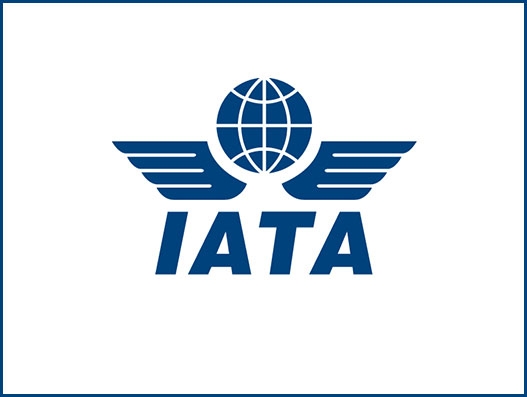
IATA asks Russia to implement global standards for sustainable aviation growth
<p style=”text-align: justify;”>Jun 28, 2017: The <a title=”International Air Transport Association” href=”http://www.iata.org/Pages/default.aspx” target=”_blank”>International Air Transport Association</a> (IATA) called on the Russian Federation to implement global standards and best practices, to maximise the economic and social benefits generated by its growing air transport sector.</p> <p style=”text-align: justify;”>Strong demand for connectivity is evident with over 12 percent […]

Jun 28, 2017: The International Air Transport Association (IATA) called on the Russian Federation to implement global standards and best practices, to maximise the economic and social benefits generated by its growing air transport sector.
Strong demand for connectivity is evident with over 12 percent growth this year for passenger services and robust growth in air freight. The latest estimates show that aviation and aviation-enabled tourism supports 1.1 million jobs and 1.6 percent of Russian GDP.
”Russian aviation is on an upward curve. The new optimism can be seen in everything from the preparations to receive millions of visitors for the 2018 World Cup, to the desire to create a new generation of passenger jets. To write the next chapter in the successful development of Russian aviation, the country must continue to align with global standards and best practices,” said Alexandre de Juniac, IATA’s Director General and CEO.
The positive impact of global safety standards, including the IATA Operational Safety Audit, and investments in new aircraft are reflected in improved safety performance. There have been no fatal jet aircraft accidents by Russian carriers over the last three years. When looking at the all- accident data for 2016, however, there is still a gap between Russian performance (one accident per 400,000 flights) and the global average (one accident per 620,000 flights).
IATA also called for ratification of MP14 and volunteering to join the CORSIA carbon offsetting agreement would send a powerful signal that Russia is taking a leadership position in global aviation affairs. Further strengthening of aviation’s economic and social benefits could be achieved with an even greater implementation of three key global standards.
Read also: IATA ropes in Sebastian Mikosz for key role

